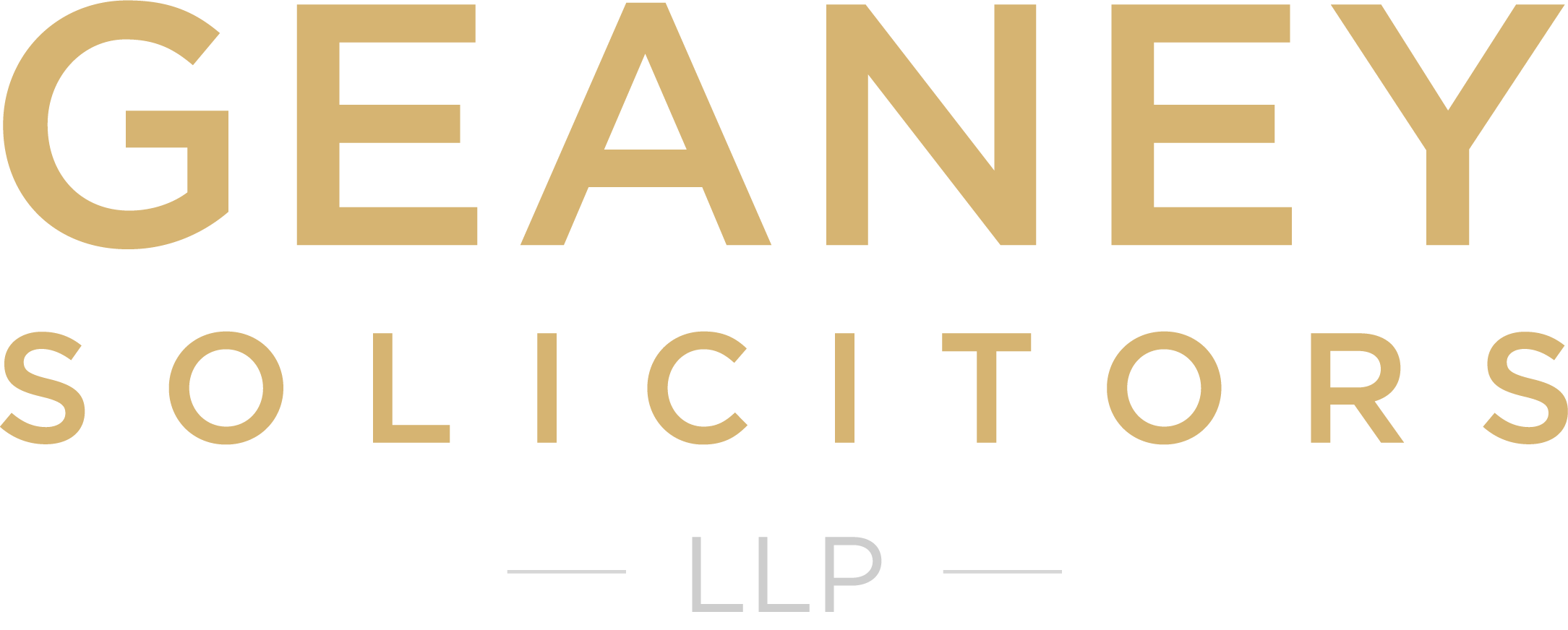9
Jan
A Quick Guide to Natural Justice and Fair Procedures
Natural Justice and Fair Procedures in Sports Tribunals
Many quasi-judicial tribunals or bodies rely on the surety that those making decisions must always consider natural justice in decision making and use fair procedures throughout. This however is not always the case and in many sports related investigations, decisions and hearings these basic principles can be overlooked.
What is Natural Justice and Fair Procedures?
Essentially, natural justice requires that a person receive a fair and unbiased hearing before a decision is made that will negatively affect them. This concept applies to judicial and quasi judicial forum.
The European Convention on Human Rights notes the basic rights for all individuals in relation to the requirements to respect natural justice and fair procedures when accused of any criminal act. The same basis can be applied to any individual accused in a quasi-judicial setting for non-criminal acts.
The main requirements of natural justice that must be met in every case are adequate notice and information to be provided, a fair hearing with a right to reply, no bias by the decision makers and the right to appeal. It is paramount that these basic considerations are applied in all cases.
History of Natural Justice and Fair Procedures
Natural justice is legal language for two ancient rules -
The first is a rule against bias is known as “nemo iudex in causa sua”.
This phrase is the Latin for “no one should be a judge in their own cause”. It is one of the most important rules of natural justice that no one should act as a judge a case in which they have a personal or bias interest. As such anyone conducting a review, investigation, hearing or appeal must be sufficiently removed from it if there is any question as to their independence.
The second rule - “Audi alteram partem” means “hear the other side too”.
It is most often used to refer to the idea that no person should be judged without a fair hearing in which each party is given the opportunity to respond to the evidence against them.
Requirements to show the use of Natural Justice and Fair Procedures
In each case the following should apply –
Notice to the accused of the specific allegation to which he or she must answer and of the likely consequences if the allegation is established. The notice should include a term of reference (agenda) and the identity of any individual who will give evidence against the accused. The accused should also be given the opportunity to be accompanied to any hearing or meetings related to the proceedings, call their own witnesses to give evidence and cross examine any of the other witnesses or accusers.
An opportunity for the accused to be given the opportunity to refute the allegation or to explain or mitigate their conduct. The accused may also raise a grievance of their own during the process. This often arises in employment law situations but can also arise during sports tribunals.
An unbiased consideration of the explanation given which must be free from pre-judgment and uninfluenced by irrelevant considerations. The conclusion must be provided to the accused with a clear explanation as to why the conclusion has been made. This essentially is known as a reasoned decision and is most important in the process of decision making to show that natural justice has been applied through fair procedures.
The accused must always be given the right to appeal the decision and must be informed of the process of the appeal, subject to timelines.
Finally whilst the Court will generally try and not be the adjudicator in sports disputes, a number of years ago the case of Barry -v- Ginnity came before Justice McMahon. Justice McMahon summed up the fair procedures agreement as follows - 'in determining the threshold of fairness to be observed by sporting bodies whilst making decisions “the truth is that the law will demand a level of fair procedures which is sufficient in all circumstances to ensure justice for the player or member affected by the decision. The more serious the consequences the higher the standard that will be required. One cannot be more specific that than from case law”.
If you are the subject of a quasi-judicial hearing where you feel natural justice through fair procedures is not being upheld or applied please contact me today to discuss your case further.
Niall Geaney
